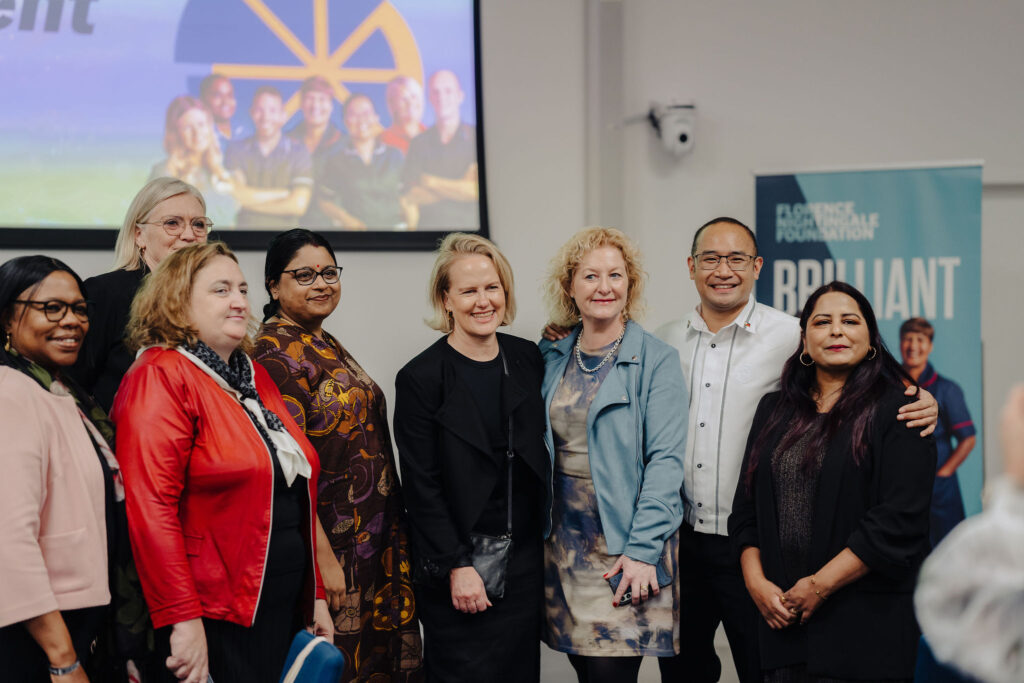Three of our Alumni Scholars, who served as the ceremonial lamp carrier and escorts at the 2025 Florence Nightingale Commemoration Service, shared their career journeys with journalist Melissa Pritchard. Just hours before taking their honoured places in the procession at Westminster Abbey, they spoke movingly about what inspires them, the impact of the FNF Scholarship, and their hopes for the future.
In this interview, we hear from Chelsie Sills, Lead Nurse for Vulnerabilities at King’s College Hospital.
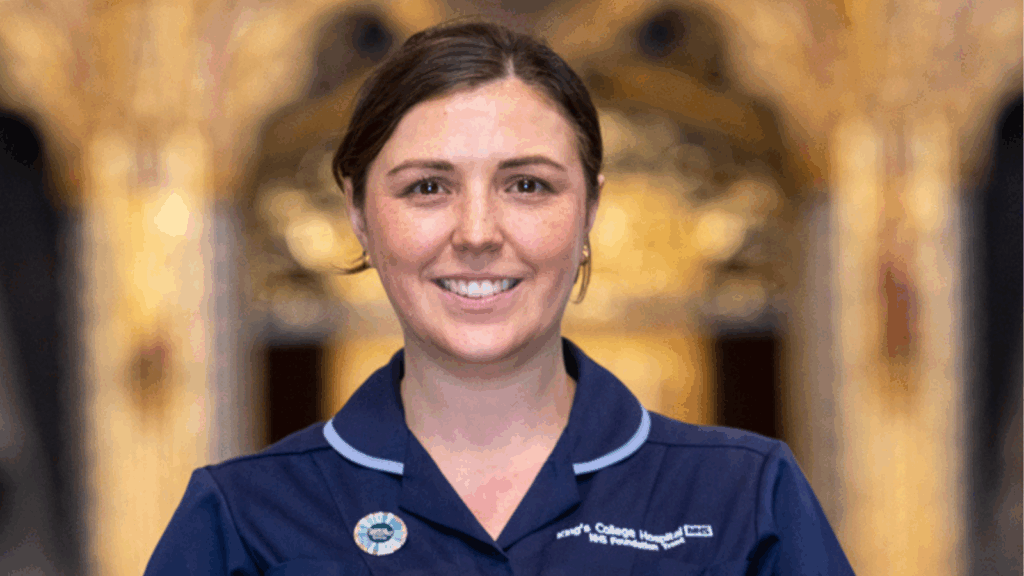
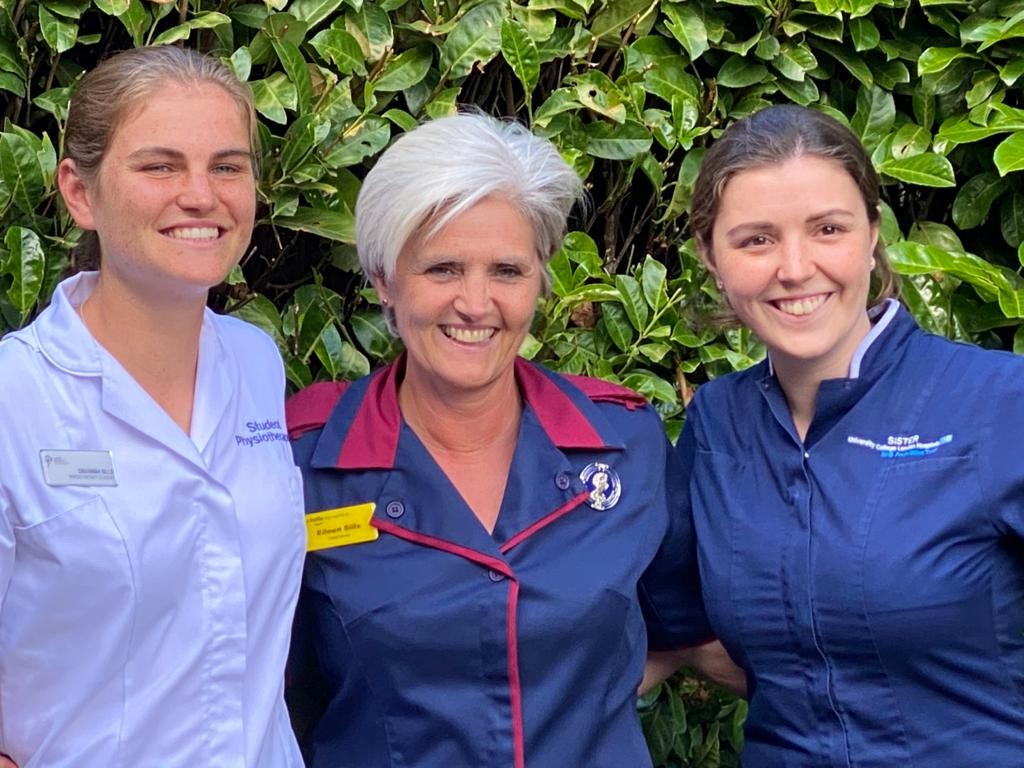
Shortly before the Florence Nightingale Commemoration service begins, I have the opportunity to sit down in a quiet section of Westminster Abbey with lamp escort Chelsie Sills.
As current Lead Nurse for Vulnerabilities at King’s College Hospital, she tells me she leads a team of people building relationships with vulnerable and marginalised patient populations, helping them receive the best health outcomes beyond a “quick fix and discharge.” This is a newer model of care, she says, perhaps the only one of its kind in the country to use a holistic approach in addressing the needs of vulnerable adults in acute hospital settings.
Chelsie comes to nursing naturally. Her mother is a nurse, her father a doctor, so she grew up in a “health care-oriented family.” Growing up, she remembers spending a lot of time with her mother in hospitals, accompanying her on weekends and during her mother’s rounds. It felt right, then, to follow her parents into a career in health care, though she did not feel a “push” toward nursing until the summer she was eighteen. Between university courses, she spent four to six weeks with a team of nurses who ran a productive ward project at St. Thomas’ Hospital. “I came to realise, working with the Ward Sisters and Senior Nurses, that this was what I wanted, to be a permanent fixture on the ward. This was the career I really wanted.”
There is no typical workday for Chelsie at Kings College Hospital; each day is different. Working with vulnerable patients involves case managing reviews and support, doing patient-facing teamwork with mental health workers and social workers to get a more complete picture. Many of these patients are struggling, she says, so we typically spend one to two hours with each patient, really getting to know them, working one on one. At the same time, she must respond to any challenging situations that arise on the ward. Her most rewarding moments come from building relationships of trust with vulnerable patients who may not feel psychologically safe in the healthcare environment. She works to create a human connection, to get to the root cause of each patient’s concerns, to create a holistic picture behind the initial diagnosis. “Our patients are outside the norm.”
Her greatest challenge is time. “Our patients need a lot of time, but the ward is busy, and there are always other patients. The most vulnerable patients need a lot of time to build up relationships, and it takes time to get to the real problem. They haven’t felt safe before, and to create that kind of trust with a patient takes time.”
The hardest part, Chelsie adds, is maintaining detachment when you are dealing with moral injury, accepting you cannot solve every problem in an acute hospital environment. “It’s very hard not to get too attached. Other services are needed for things to happen, to have real impact on that patient, to get the right outcomes. Accepting that we can’t fix everything, that we have boundaries, can be difficult.”
When I ask what her hopes are for new nurses, she says she wants them to find joy in their role as nurses. “I have really had fun. I’ve had amazing times and have strong friendships with colleagues. I want new nurses to experience that same joy, the happy, thriving feeling you get from being a nurse, that it’s not all doom, gloom and challenges. I want them to find the moments of joy that feed them, to counter the negativity that can sometimes come into the workforce.”
She once again refers to the team of nurses she worked with when she was eighteen, how their sense of joy in their work became a model for her. She looked up to them all, but the Ward Sister had the greatest impact on her. “I still think of that Ward Sister. I ask myself how she would have handled a situation, what she would have done. She was my strongest motivator, and I want to be that kind of a model for other nurses.”
“It re-ignited the spark, re-inspired me to think of doing things differently, gave me the confidence to push boundaries, take more risks, make a difference by doing things differently.”
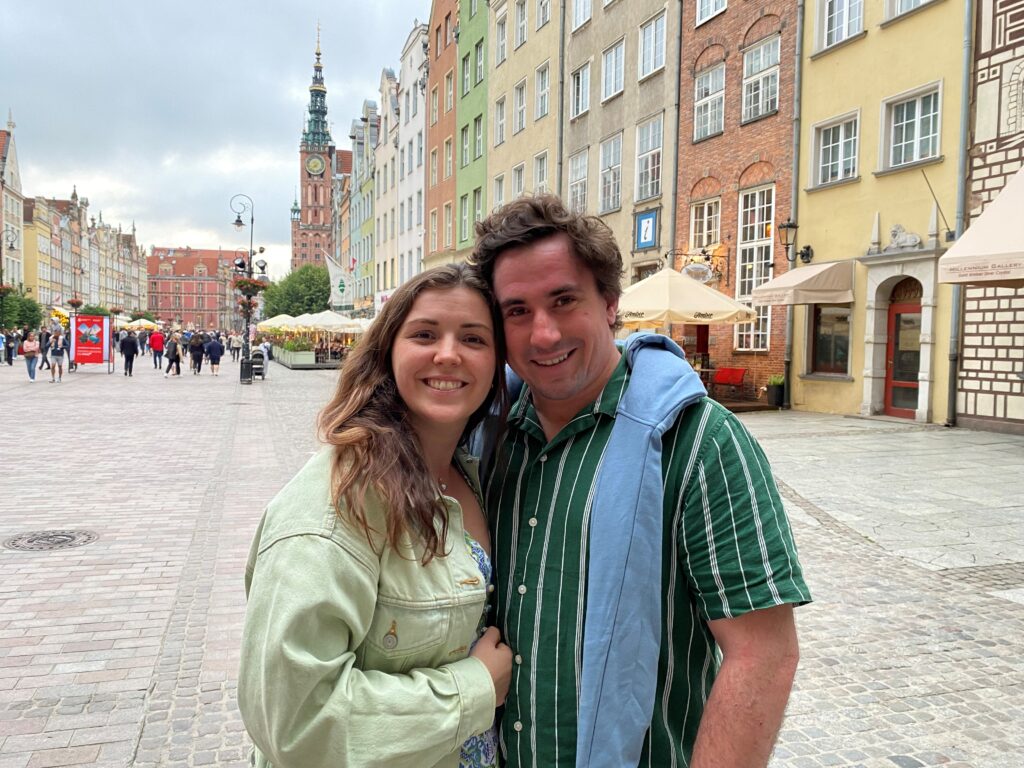
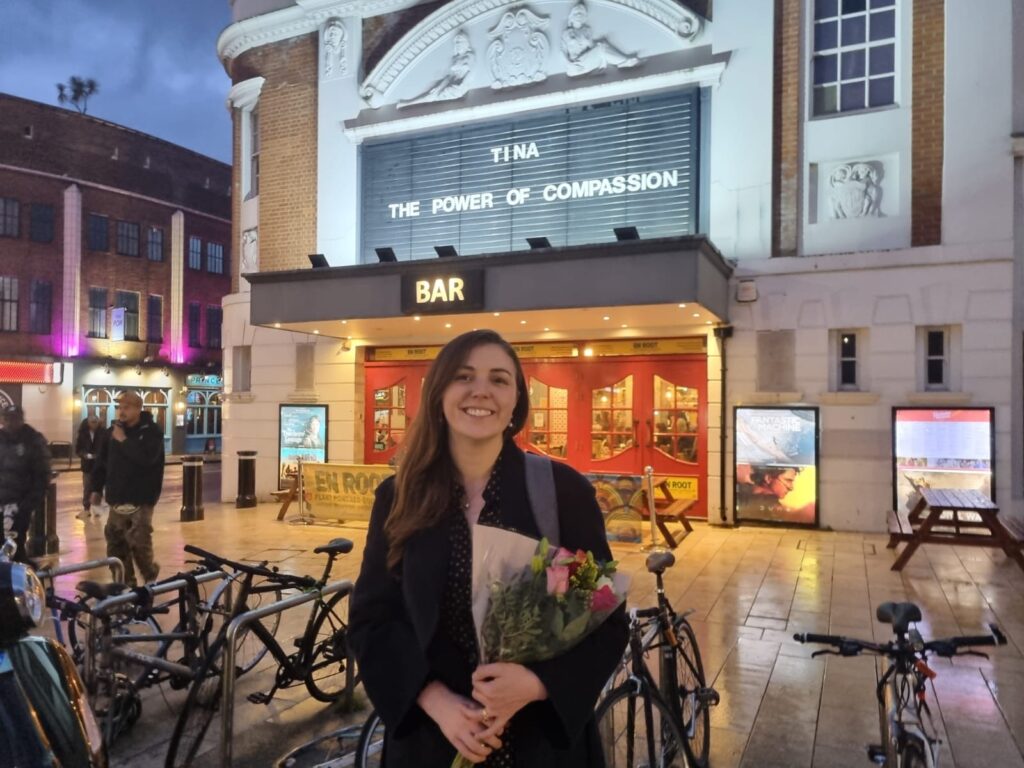
Being awarded a Florence Nightingale Scholarship has given Chelsie “a real opportunity to focus on my development, to not be so bogged down by challenges in the NHS system or by mundane day to day tasks. It re-ignited the spark, re-inspired me to think of doing things differently, gave me the confidence to push boundaries, take more risks, make a difference by doing things differently.”
The memory of a specific patient gives her strength when things get tough. “When I was getting qualified as a nurse, I had a patient in my care for six months, a twenty-six-year-old woman who experienced a life-changing disability. As I came to know her and to know her family, I saw how much of a real difference I made. Whenever I am struggling, I can look back to that patient and remind myself how a really challenging situation can still have a positive outcome. I tell myself that if I’ve done it once, I can do it again.”
“If I could offer new nurses any advice, I would tell them to be open-minded about what you believe you can do as a nurse. Going outside the traditional picture of nursing opens opportunities to explore other interests. For example, I could never have imagined I would produce two films, one a story about a homeless individual nearing the end of her life, another about violence and abuse in healthcare.”
“My greatest accomplishment so far is having been a Ward Sister in an infectious disease ward during Covid. We could have lost a lot of nurses, but as Ward Sister, I maintained my team, held them together. I am proud to have led such a committed team and to have remained fully staffed. It is still my favorite role, being a Ward Sister. I would do it again in a heartbeat.”
I asked how a young nurse of Chelsie’s generation might still be influenced by the nineteenth century iconic figure of Florence Nightingale. Does Nightingale still inspire you, I wondered.
“Yes, definitely. You learn about her from childhood in UK schools. She is a big figure, and if you were to turn around and say you are very much like Florence Nightingale, that would feel like an amazing achievement. There are persons everyone can look up to and relate to, and though people won’t be talking about me in one hundred years’ time, Florence Nightingale is still a major inspirational figure, someone not a prime minister, not a king, but a nurse.”
Graciousness, dedication and a passion for helping the most vulnerable patients, are qualities that come to mind as I thank Chelsie Sills and wish her joy in her honored role as one of this year’s lamp escorts.
The Author
Melissa Pritchard is the award-winning author of twelve books, including her most recent novel, Flight of the Wild Swan, a fictionalised biography of Florence Nightingale. A 2025 Georgia Author of the Year finalist, her story collection, The Carnation Milk Palace, will be published in January 2027. www.melissapritchard.com
